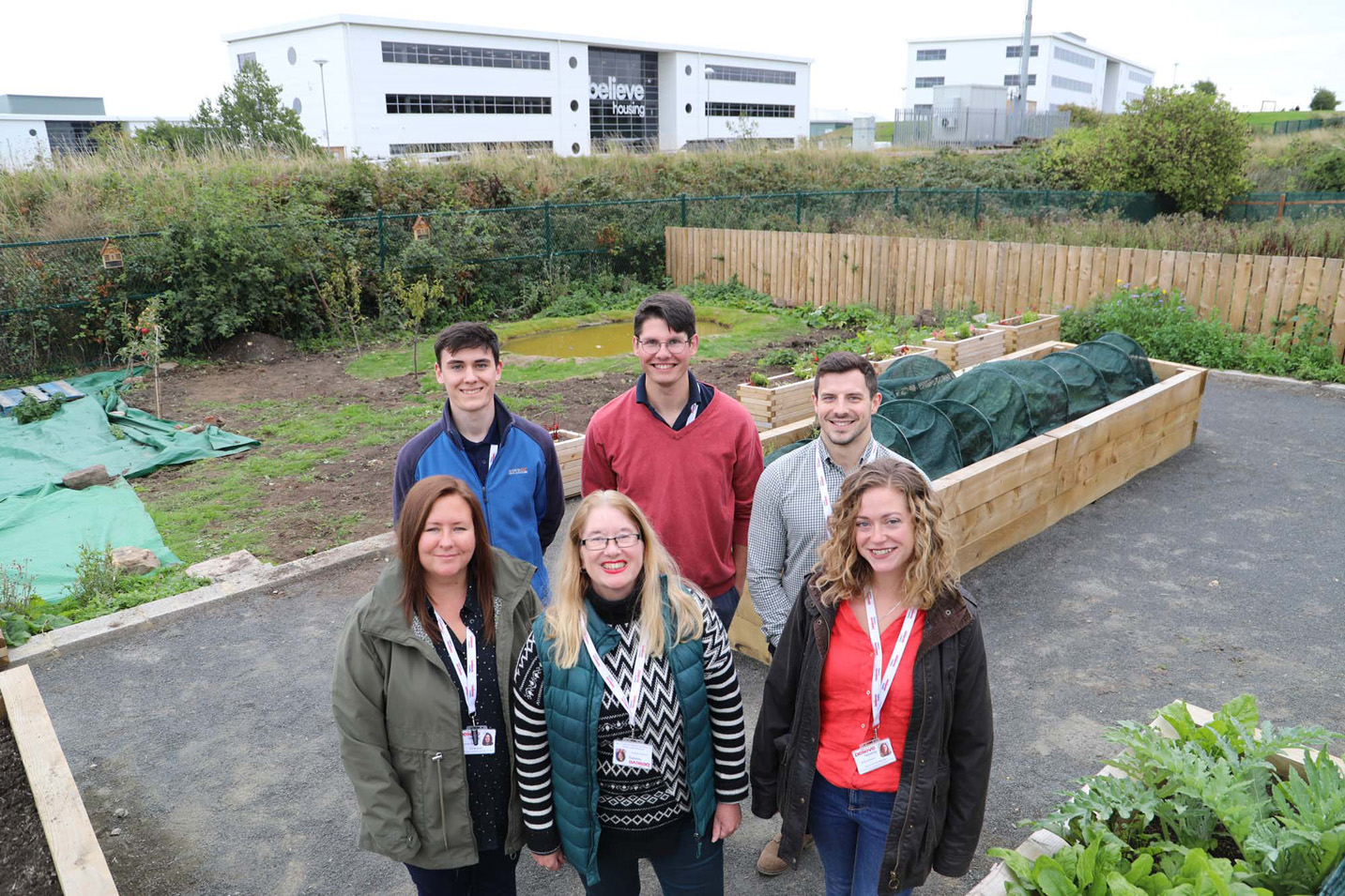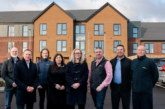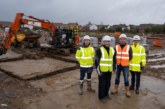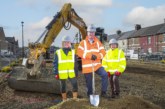
A housing association has achieved carbon neutrality for a second consecutive year by measuring, reducing, and compensating its emissions.
County Durham-based believe housing works with One Carbon World, a not-for-profit organisation supporting the reduction of greenhouse gas emissions around the world, to calculate its carbon footprint.
Last year it become the first housing association in the world to achieve Carbon Neutral International Standard (CNIS), for the 2020 period. And it has just learnt that it has achieved CNIS for 2021, moving from a bronze rated company to silver.
To work out an organisation’s environmental impact, One Carbon World looks at scope 1 or direct emissions, such as from fleet vehicles, and scope 2 or indirect emissions, such as electricity supply to offices. It then helps identify ways to cut emissions across the business.
But for believe housing, reducing emissions is no longer just about getting its own house in order. This year, for the first time, it has recorded its scope 3 emissions looking at the carbon footprint of its supply and service chain.
Andrea Baxter, Environmental Manager at believe housing, said: “We’re really committed to reducing our carbon footprint long-term, and to do this we need to understand and record our scope 3 emissions.
“These results, show us the bigger picture and help us understand what we need to do to reduce our carbon footprint. We have committed to developing an emissions reduction strategy and setting science-based targets which we can work towards each year. We need to reduce our emissions year on year to reach our target of becoming carbon net zero by 2050.
“That baseline performance is how we set our carbon reduction strategy and how we can continue to develop our Green Action Plan and do what’s needed to protect our planet.”
By recording its energy, fuel, water, waste and purchased goods and services believe housing was able to see its entire carbon footprint for 2021.
To offset this, believe housing’s carbon credits have been used to support an innovative environmental project developed by the United Nations Framework Convention on Climate Change.
The UK, Switzerland, Netherlands, Italy, Japan, and India worked together to develop technology for a conversion plant. It turns potent greenhouse gases, known as HFC or hydrofluorocarbon, into substances with no or lower global warming potential.
Based in western India, the project also supports jobs in rural communities which have seen a mass exodus of people moving to urban areas to find work and improves the management of natural resources in the area.
Nik Turner, Executive Director Communities & Customer Services at believe housing, said: “We were proud to be the first housing association in the world to achieve both the Carbon Neutral International Standard and United Nations Climate Neutral Now Initiative participation last year, because we’re committed to protecting the planet.
“By recording our full carbon footprint, we can better understand the challenges ahead of us as we work towards being net zero by 2050.
“It is about taking responsibility for our impact on the planet, holding ourselves to a greater level of accountability than before and ensuring everyone throughout the organisation and our contractors come with us on our journey to net zero.”
Header image shows (l-r, b-f) Kieran Storey, Jack Beckwith, Dale Clark, Lynsey Darby, Lorraine Dobson and Andrea Baxter from believe housing’s Environmental Team.








